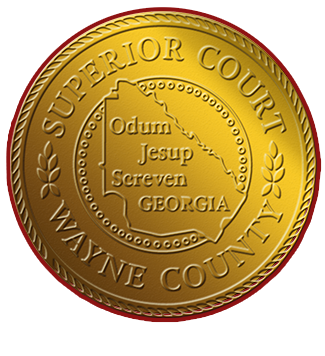OUTCOMES OF DRUG COURT
The official management of statistics and outcomes has been contracted on the National level to American University, Department of Public Affairs. On the state level, reviews and outcomes are delegated to the Administrative Office of the Supreme Court of Georgia. Reviews and outcomes are performed quarterly. Outcomes generated are:
- Currently 175 participants are in Drug Court treatment (six more will be accepted this week). We will met our goal of 200 participants by October 2000 and anticipate graduating 15 participants in November 2000. Our goal is to serve 400 participants in 4 years.
- Cost per participant is approximately $300/month. Length of stay is a minimum of two years, the longest treatment period of any court in the country.
- Nineteen (19) participants are in residential placements (ranging from intensive treatment to halfway houses).
Outcomes:
- 8,500 drug screens have been performed with only four percent, or 340, positive screens. Most common drug of choice reported by 2/3 of the participants is alcohol followed closely by marijuana and crack/cocaine. Methamphetamine use is reported by less than 10% of participants, but this is a significant number since we have not seen this drug in Glynn County before the controlled drug screens of the Drug Court.
- Approximately 9,000 jail days or the equivalent of $360,000 have been saved.
- Seventeen (17) babies have been born to drug-free families.
- All participants have full-time jobs and attend treatment six days a week, two hours a day.
- 26 participants have received their GEDs. All participants must have at least a GED before graduation (at least five participants will learn to read and at least five are retarded and are in recovery programs designed for the treatment of retarded or brain damaged participant).
- All participants must pay a $1,000 treatment fee (the highest fee of any drug court).
- Only 10% of participants have been terminated or are awaiting termination because of re-arrest.
- All Phase Four participants must contribute voluntary hours to the charity of their choice before graduation.
- Aftercare is available as needed from Drug Court staff for three years. Participants are required to report annually for three years.
Anecdotal Outcomes:
- Adjusted program to better reflect the participants need in understanding the influence of street life on the addiction process.
Sanctions have been refined to reflect more therapeutic use of jail time.








